The right to repair: why we as consumers must demand it
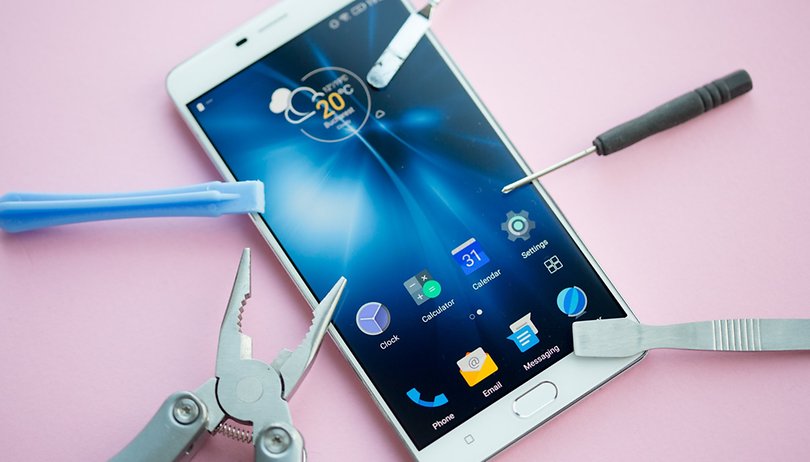

In the past ten years, smartphones have become an essential part of our lives - they often are a source of entertainment, our way to connect with friends and loved ones and to stay informed. Yet, at the same time these expensive gadgets have become disposable. Smartphones are harder to fix than ever before, removable batteries are a thing of the past and software updates are often few and far between. When is enough enough? As consumers, we should demand the right to repair and the right to own a non-disposable product.
The smartphone market is in a slump. Multiple theories as to why have been posed - lack of innovation, homogeneous design and rising prices. Yet, one thing is clear - manufacturers depend on consumers 'upgrading' their phone regularly. This is why the right to repair is not exactly in their best interest. Tim Cook, for example, openly admitted that people holding on their devices longer has affected Apple's bottom line in a letter to investors.
The right to repair
It is no surprise then, to learn, that the Cupertino company has been lobbying against right to repair legislation and has sued independent repair shops. For those that are unfamiliar, the right to repair movement's main goals are to require consumer electronics manufacturers to publish repair manuals and to sell the parts, diagnostic software or specialized tools needed to fix their products to third party repair shops or even to consumers themselves - something car manufacturers in the US are required to do already.
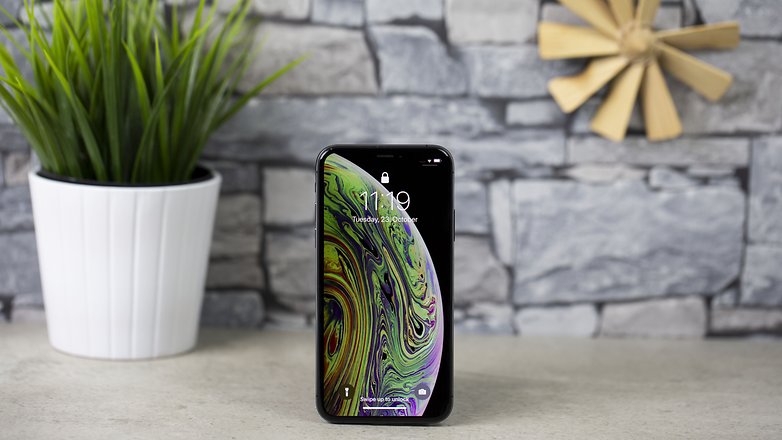
So why is this such an affront to smartphone companies? Apple claims it wants to protect its intellectual property. However, in my opinion, the motivation is quite different. The option to repair at a third party shop is cutting off a source of revenue. Out-of-warranty repairs are by no means cheap. At the same time, it's not hard to see the potential conflict of interest - if consumers can only turn to the manufacturer service centers when they need their phone fixed, planned obsolescence can become an attractive business strategy.
If you think this doesn't affect you as Android user, think again. Many of the big Android names are no different. They produce hard to repair devices, which are almost impossible to disassemble (parts are glued together) and they do not provide repair manuals. Removable batteries have also quietly disappeared, supposedly in the name of waterproofing (devices like the Samsung S5 were somehow able to have both in the past). You are not able to buy official spare parts from third party or even first party retailers. The only exception is Motorola, which provides official repair kits with spare parts.
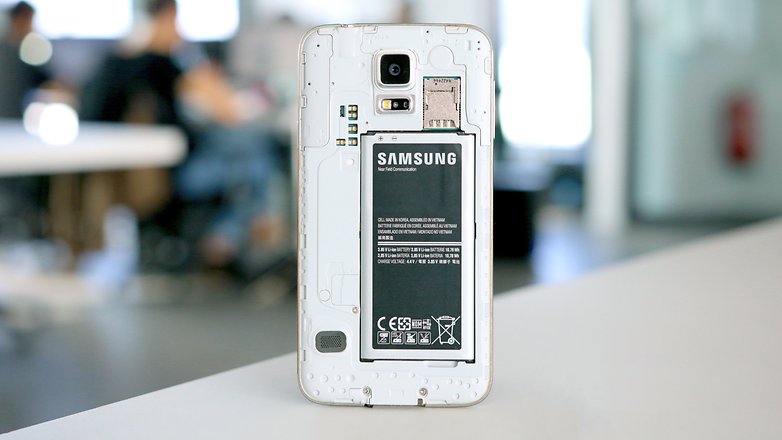
Of course, there's an argument to be made that the average consumer has no business attempting to fix a complicated piece of tech by themselves, but at the moment we are not even allowed to try. In my opinion, we should oppose this - the prices of smartphones are constantly rising. Flagships now costs thousands and even mid-range devices sometimes reach prices, which just two years ago would have been acceptable only for a high-end phone. Being forced to 'upgrade' to a slightly improved version of the device you already own every two years or so is not only bad for your wallet, however. It's also terrible for the environment, since most smartphones cannot be fully recycled.
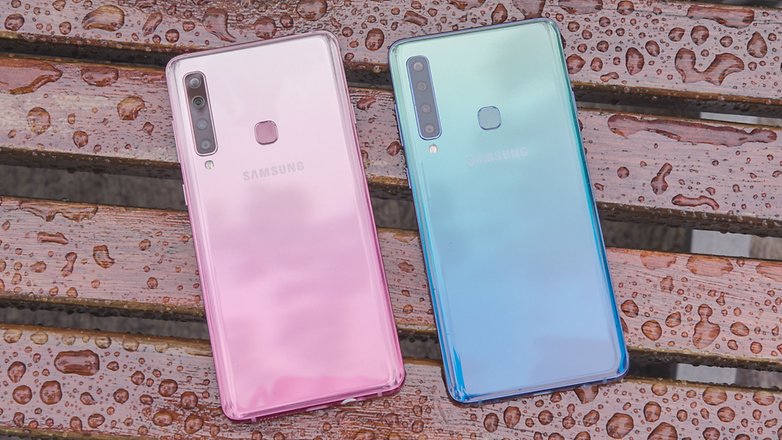
The right to better software free of bloatware
Although rarely mentioned, software also plays a part. After declining battery life, lack of OS updates is one of the main reasons I've heard for upgrades. In this area, Android manufacturers are actually worse than Apple. According to the Android developers dashboard, 21% of users are still stuck with Marshmallow, another 28% with Nougat and only around 18% have Oreo, despite Android 9 Pie being out since last year and despite the fact that Android Q is already in the works.

But what about rooting your device and/or installing a custom ROM? That's always an option, right? Not if you want to keep your warranty. HTC, for example, famously allowed rooting without the loss of waranty back in the day, but they have since backtracked.
Samsung's US legal page, for example, states that the standard limited warranty does not cover: "defects or damage resulting from improper testing, operation, maintenance, installation, service, or adjustment not furnished or approved by Samsung, including but not limited to installation of unauthorized software and unauthorized root access, both of which shall void this limited warranty". The language does not make it clear if the warranty will be void only if there is damage as a result of rooting, or even if you just perform the action with no negative results. Multiple other Android manufacturers use similar vague language or directly state that rooting will void your warranty, despite that being prohibited under US law.
Of course, that doesn't stop the manufacturers from installing unwanted software on your device. Samsung was recently in the news when a user discovered they could not uninstall Facebook completely. It's a practice that has been going on for years. Smartphone makers have been making lucrative deals with software companies to fill your phone with bloatware. It begs the question - do you even own your device? If apps are forced down your throat and attempts to remove them through rooting voids your warranty, what can you do?

Well, I think as consumers we have been a bit too complacent at times. We need to demand changes directly from the manufacturers or make a statement with our wallets - by not buying disposable products. There also needs to be legislation that prevents these practices. Of course, there need to be serious consequences for manufacturers that break the law, as well - otherwise a small fine here and there won't change the status quo. The smartphone industry cannot regulate itself and if it continues on its current path, its future does not seem bright.
What do you think should be done? Do you support the right to repair? Share your thoughts in the comments.










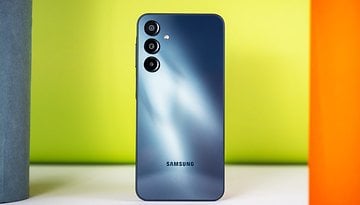









I'd have to say since around 2005, electronics hardware has seemed rock solid and to last forever. The only broken Android device was a spider-webbed screen on a tablet I stupidly dropped off a balcony. What has forced replacement is the refusal of Google to get a grip on Android, as Microsoft always did with Windows, to support the operating system effectively for the life of compatible hardware. First Android G, then J, and now my L phone are gradually losing Android and therefore third-party app updates and support. The handsets and tablets are all in great shape, even including their original batteries. Google's fobbing OS updates and upgrades onto greedy, self-serving OEMs and telcos is its biggest failing for users, rather than hardware obsolescence or repairability.
Another great article by Suzana Maan?
I agree with each of the points you made.
We as educated and aware consumers must demand these rights, namely bloat free software with timely updates, transparent policies handling warranty of the device with the right to get it repaired by third party where the latter should be able to use original components sold by smartphone vendor.
So how do you suggest we do this?
Befriend loyal politicians, elect them and attack the enemy ?. OR,
file a petition.
These are private companies. If anything, they befriend politicians. If you want this, you have to vote with your wallet. Petitions are useless against someone who has nothing to lose. Besides you'd need many many signatures and be willing to go down for the cause.
This is a big issue for me. This disposable design is an embarrassment as well as toxic waste.
How do they dispose of them?